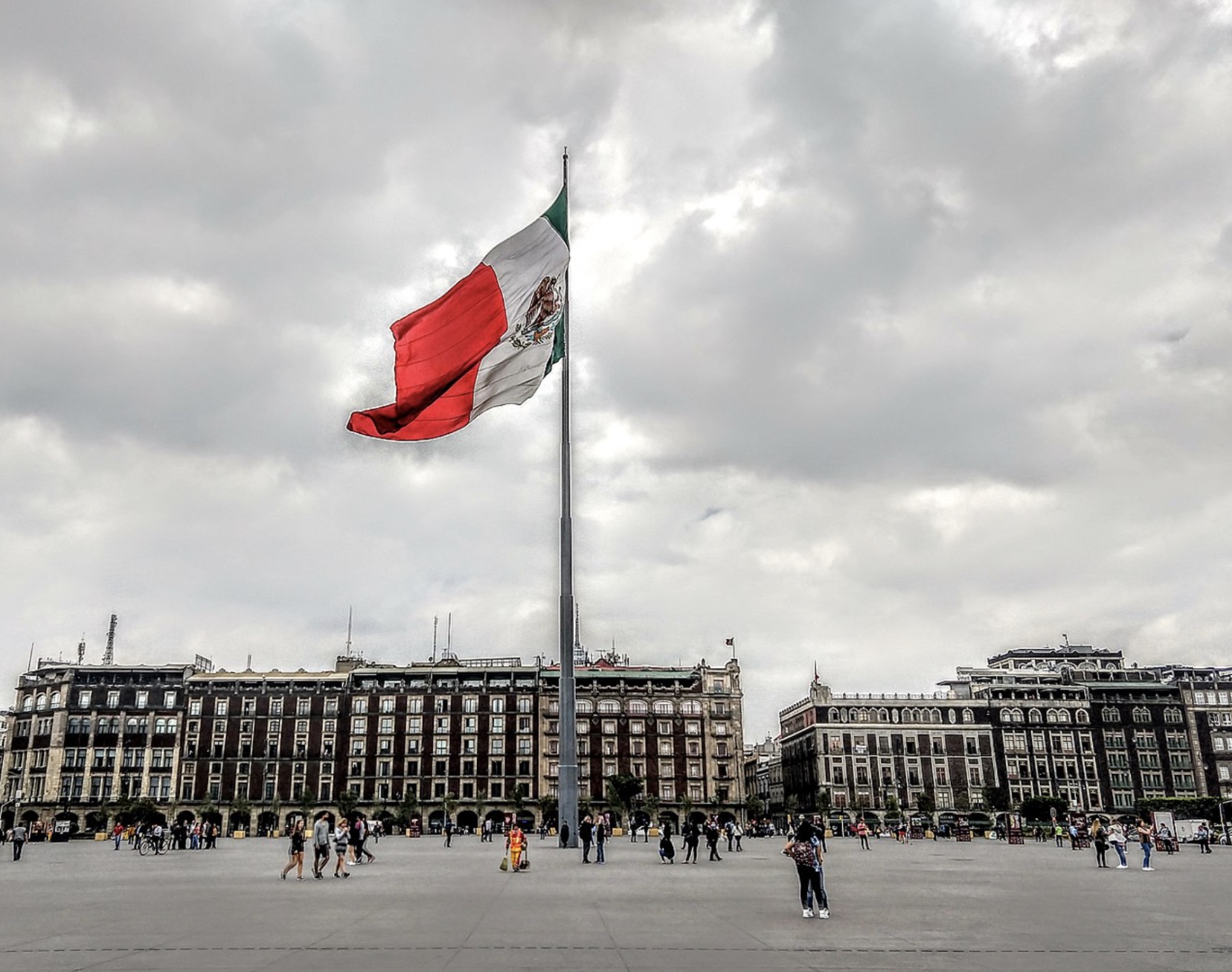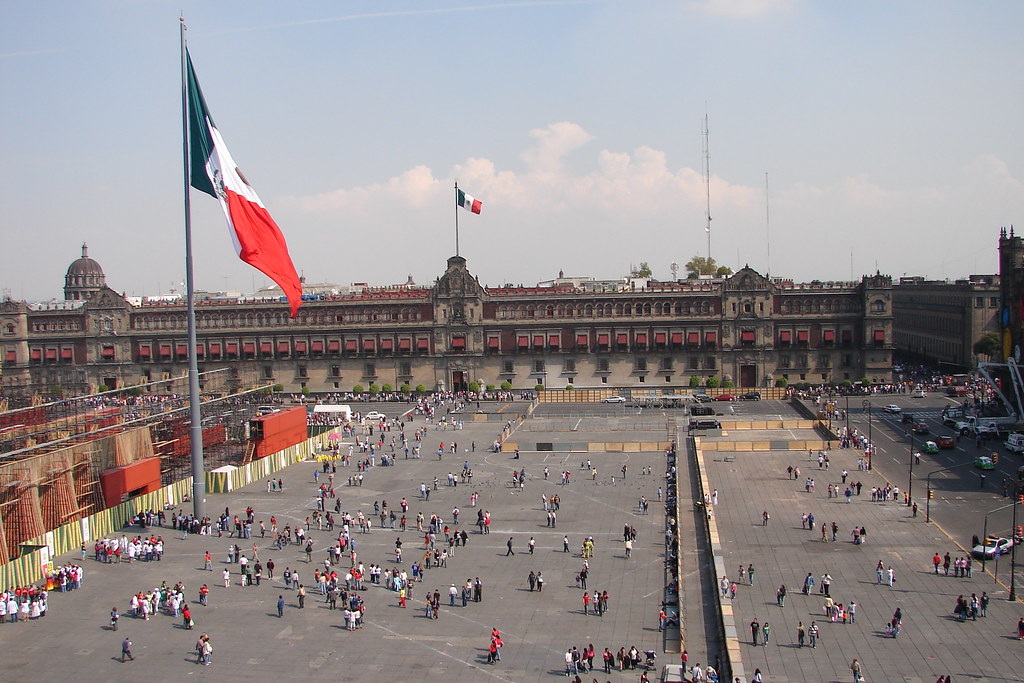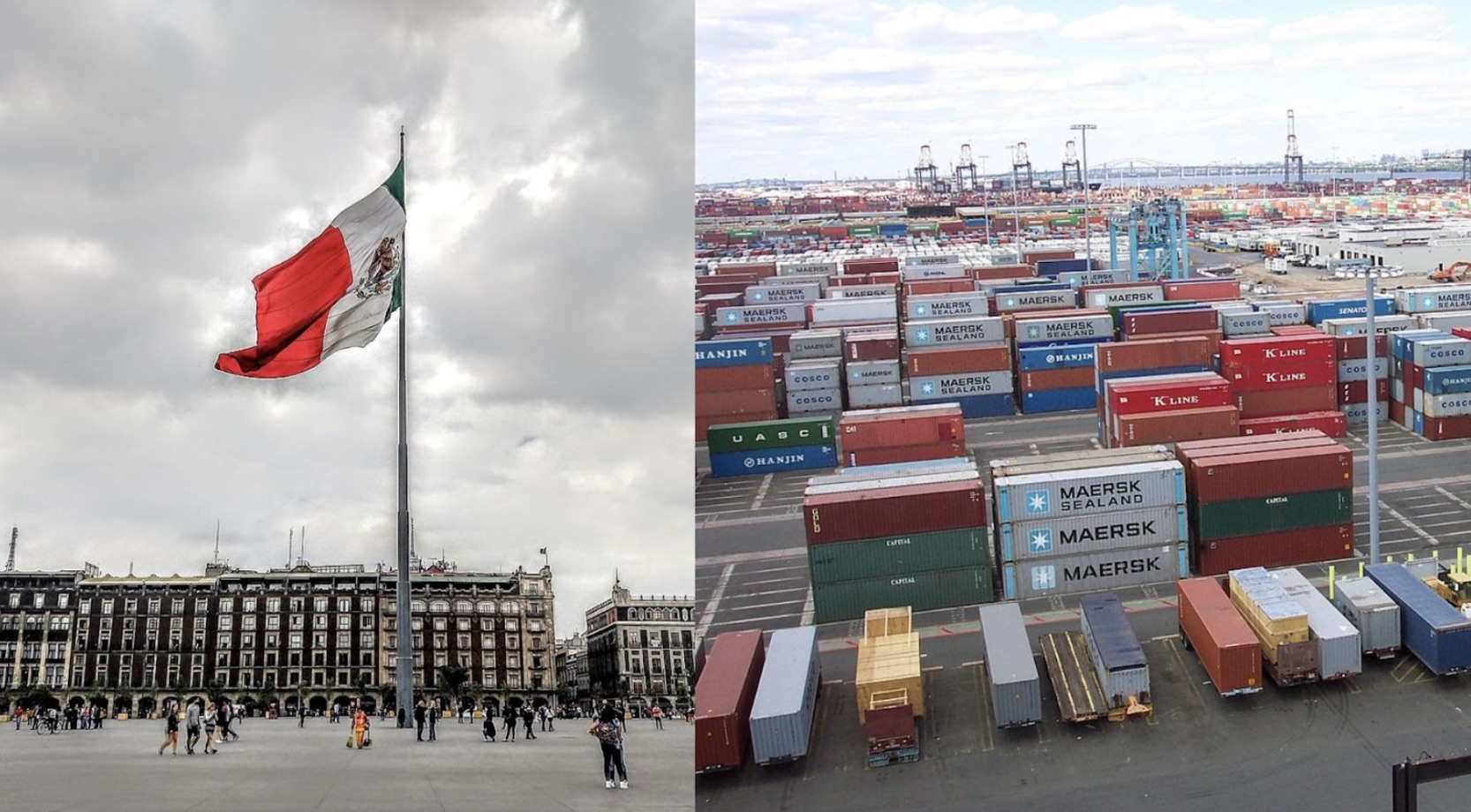Mexico Puts Diplomatic Relations with U.S. and Canada on Ice Amid Judicial Reform Debate
Mexico has put its diplomatic relations with the U.S. and Canadian embassies on hold. This pause comes after both ambassadors criticized President Andrés Manuel López Obrador’s proposed judicial reform.
Announced on August 29, 2024, the diplomatic freeze highlights tensions over a controversial plan to elect judges, including Supreme Court justices, by popular vote.
The Reform That Sparked Controversy
The judicial reform at the heart of this diplomatic tension aims to overhaul Mexico’s judicial system. President López Obrador’s proposal seeks to elect judges by popular vote, a move supporters argue will make the system more democratic.

Source: Tingey Injury Law Firm/Unsplash
However, critics fear it could skew power in favor of the executive branch and compromise the independence of the judiciary.
U.S. Ambassador Raises Concerns
U.S. Ambassador Ken Salazar voiced strong concerns about the reform on August 24, 2024. He warned that the popular election of judges poses a “major risk to the functioning of Mexico’s democracy.”

Source: Freepik
Salazar also highlighted potential risks to U.S.-Mexico trade relations, emphasizing the importance of a strong and independent judiciary for bilateral economic ties.
Canada's Response to the Judicial Reform
Canada’s ambassador to Mexico, Graeme Clark, also expressed apprehensions regarding the proposed reforms. On August 25, 2024, Clark cited worries about the potential impact on investment and the disappearance of independent regulatory bodies.

Source: Freepik
These statements have further fueled the diplomatic rift, putting Mexico’s relationships with both North American neighbors in a delicate position.
López Obrador’s Reaction to Diplomatic Criticism
In response to the criticism, President López Obrador took a firm stance during his press conference on August 29, 2024. He announced a “pause” in diplomatic relations with the U.S. and Canadian embassies, insisting that foreign diplomats respect Mexico’s sovereignty.

Source: Wikimedia
López Obrador argued that the ambassadors’ comments constituted interference in Mexico’s internal affairs.
A Clash Over Sovereignty and Independence
The pause in diplomatic relations hints at a broader clash over sovereignty and independence. López Obrador stressed the importance of respecting Mexico’s constitutional rights and decision-making processes.

Source: Freepik
“We aren’t going to tell [Ambassador Salazar] to get out of the country,” he stated, “but for him to read our Constitution, yes, we will say that.”
Implications for U.S.-Mexico Trade Relations
The diplomatic pause has raised concerns about its potential impact on trade relations. The U.S. and Mexico are each other’s largest trade partners, and any disruption could have significant economic consequences.

Source: Wikimedia
Some U.S. lawmakers have warned that the judicial reform could jeopardize economic and security interests shared by both nations.
Mexican Peso Takes a Hit
Economic uncertainty surrounding the diplomatic freeze has affected Mexico’s financial markets. On August 29, 2024, the Mexican peso dropped over 1.4% in early afternoon trading, continuing a downward trend since the June elections.

Source: Markus Spiske/Unsplash
Investors remain cautious as they await further developments on the proposed judicial reforms and their broader implications.
Supporters Defend the Judicial Reform
Supporters of the reform argue that electing judges by popular vote would enhance democracy and make the judiciary more accountable to the people.

Source: @drjgoldblatt/X
They contend that the current system does not adequately serve the public and that the proposed changes could help address corruption within the judicial branch.
Critics Warn of Authoritarian Drift
Critics, however, warn that the reform could lead to an authoritarian drift, concentrating power in the hands of the executive branch.

Source: Freepik
They fear that electing judges through popular vote could politicize the judiciary and make it more susceptible to criminal influence, undermining the rule of law in Mexico.
The Broader Constitutional Changes in Mexico
The judicial reform is part of a broader package of constitutional changes proposed by López Obrador.

Source: Antony Stanley/Flickr
These reforms include controversial measures in areas like pensions, the energy sector, and the elimination of independent regulatory bodies. Critics argue that these changes could weaken the separation of powers and erode Mexico’s democratic institutions.
Future of Diplomatic Relations Remains Uncertain
As the new Mexican Congress prepares to take office in September 2024, the future of diplomatic relations with the U.S. and Canada remains uncertain.

Source: Wikimedia/Wikimedia
While Mexican Foreign Minister Alicia Barcena emphasized the importance of maintaining a “fluid and normal” relationship with North American neighbors, the pause persists, seemingly pending assurances of respect for Mexico’s independence.
